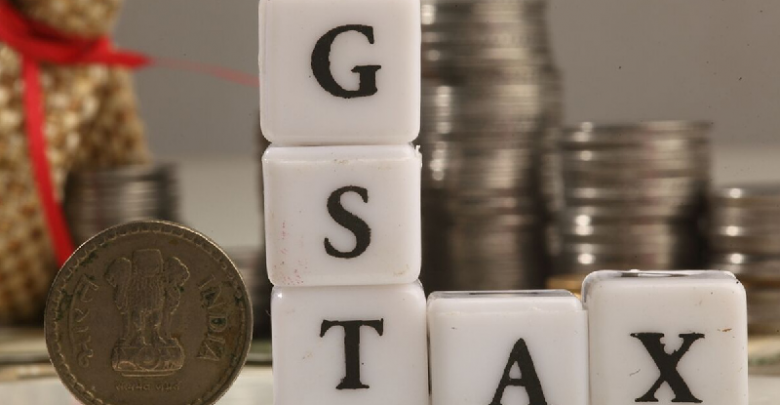Understand How GST Has Affected Property Prices In Indian Metro Cities.

Since the implementation of GST in India, every sector has suffered the aftermath, for some, it has turned out to be a blessing, but for other realms, not so much.
Real estate business is no different, where the prices and taxations were significantly affected, and the sector witnessed a consistent decline in real estate investments.
A joint report from JLL and CREDAI concluded that housing sector investments in India amounted to Rs. 59,000 crore and rising since 2014 and held almost 47% of the total investments made in real estate.
Before GST, real estate had multiple taxes like VAT, stamp duty, registration charges and service tax with varying rates across the country.
Implementation of GST on real estate has wholly simplified the taxations levied in India. The taxes now range from 5% to 18% dependent on some crucial factors.
Consequences of GST on Real Estate
When GST was implemented in the nation in July 2017, the real estate sector was suffering from a slump accredited to demonetization and RERA (Real Estate Regulation and Development Act, 2016) enforcement.
After a rough 2017 for real estate, early 2018 brought in demand and supply due to robust growth in affordable and mid-income housing.
However, housing prices were either immobile or showed a marginal rise in some parts of the country while in metro cities, prices witnessed a 2% descent rate as of Q3 2018.
Regardless of the cases where home buyers received ITC benefits, the shift in prices was still negligible. The resale market also witnessed prices plummeting by 15% to 20% in some metropolitan cities as per the Liases Foras report.
Affordable Housing Segment Regulations by GST
The 33rd GST Council Meeting press release imposed the applicable eligibility criteria for a residential property in the affordable housing segment.
A residential property in India must meet the following affordable housing segment factors –
- The net carpet area of the residential property shall not exceed 60 square meters in metropolitan cities.
- The net carpet area of the residential property shall not exceed 90 square meters in non-metropolitan cities and towns.
- The total worth of the property cannot surpass Rs. 45 lakh in either metropolitan or non-metropolitan areas.
Khatabook is an India based company that allows you to maintain your personal as well as business ledgers. You can download their app online that can help you to download gst certificate without any hassle.
Benefits of GST on Residential Properties
The reduction in GST rates on real estate has been brought into effect by the GST council that imparts the following benefits –
- Simplified tax structure for builders.
- Fair property price due to GST rate reduction to 1% on residential properties within the affordable housing segment.
- The elimination of the problem of ITC benefits not getting passed to property buyers.
- Better pricing of residential properties.
Initially, the taxes levied on the residential properties were enormous, considering there were tons of them.
However, all miscellaneous taxes have now been reduced to GST that accounts for all taxations on property constructions owed to the government.
Khatabook can assist you with filling the gst registration fees online with its creative, user-friendly interface and ease-of-operation.
The Positive Impact of GST on Input Tax Credit (ITC)
Real estate business has not entirely been inclined towards the negative side after GST. One of the most significant benefits is the elimination of the cascading effect on multiple levels of taxation.
Before GST, you had to pay for taxes on inputs that went into constructing your house, as-well-as the property construction taxes later, which meant paying twice the amount of taxes on the same product.
After GST, the situation has been in favour of the buyer and the builder. The builder now only has to pay taxes on the value addition and not the double amount like before.
The benefits of this scheme can be seen in the real estate business as the rates of some properties have decreased comparatively, thereby making the real estate market more accessible to the average buyer.
Registration and Stamp Duty
Registration and stamp duty on real estate remain unaltered as state government taxes after GST.
These charges vary from state to state and even from one circle to another within the same state.
Stamp duty and registration charges have stayed enforced whether dealing with previously constructed or under construction properties across the Indian territory.
GST however, would only apply to under-construction properties being sold.
Final Words
GST has created a sense of transparency and led to the elimination of cascading, that has produced affirmative results in the real estate sector.
Despite there being some negative reviews regarding its implementation, it cannot be ignored that GST has also produced some decent outputs and has helped the builder and the buyer.
